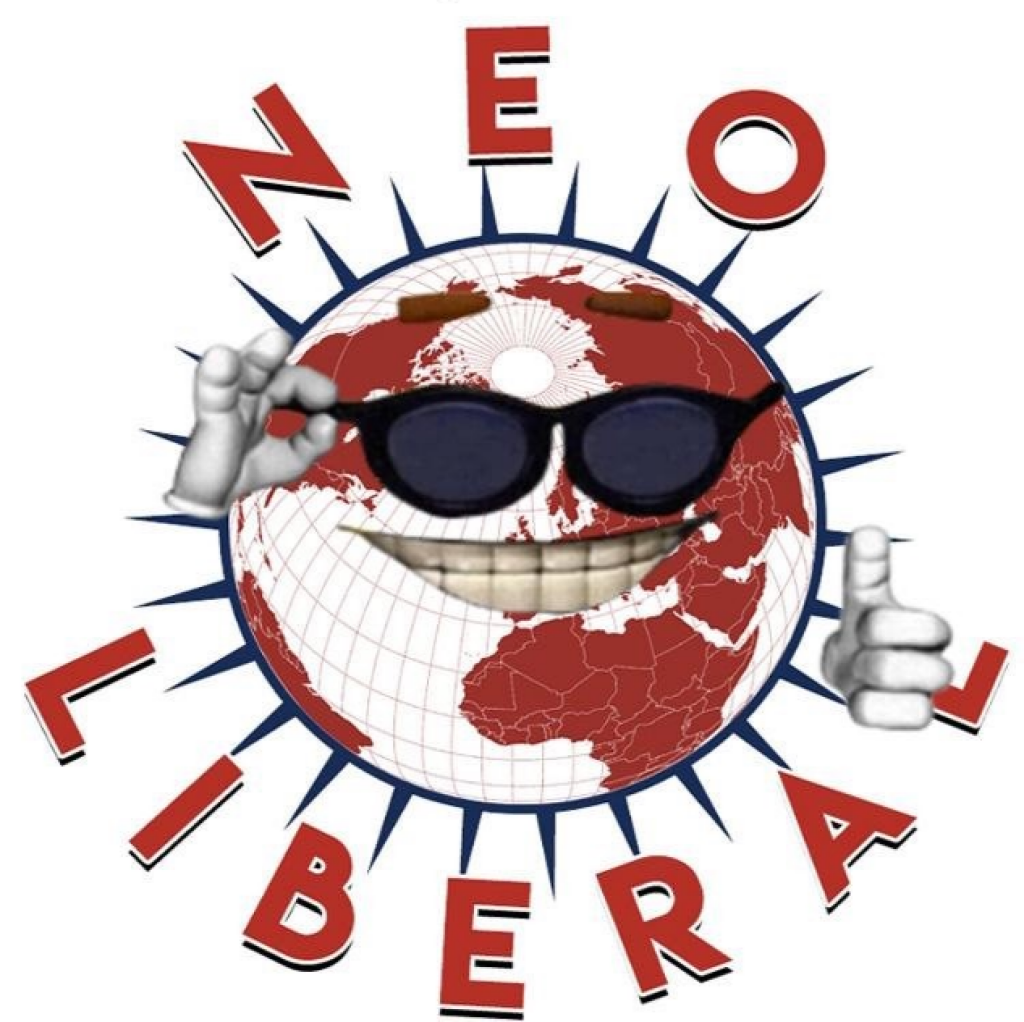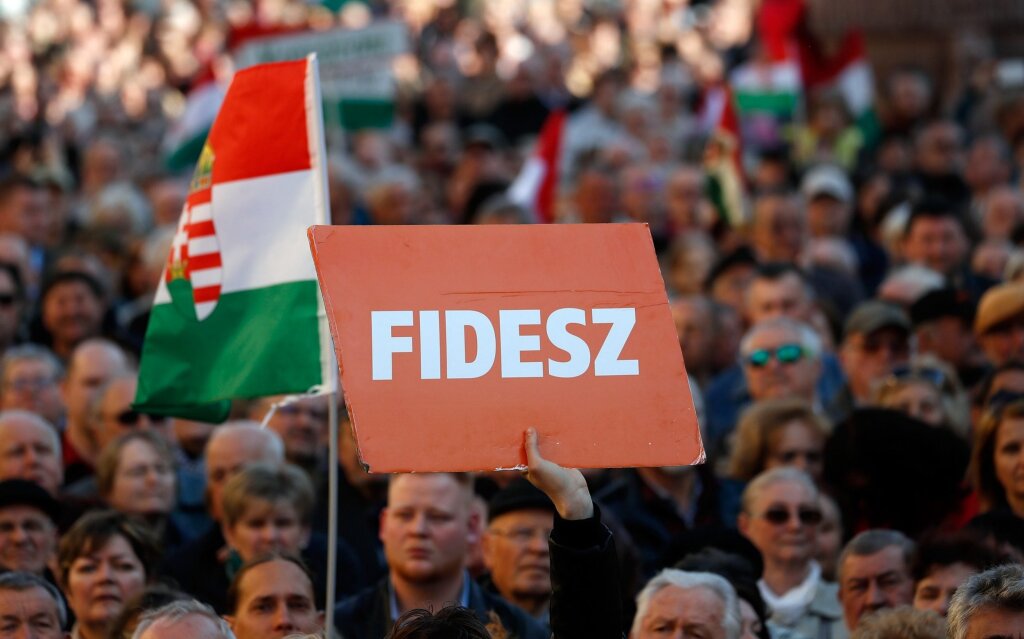This is the twelfth entry of Russia’s Alien Nations: The Secret Identities of Post-Socialism, an ongoing feature on All the Russias. It can also be found at russiasaliennations.org. You can also find all the previous entries here.
Whether they involve traveling in time or simply imagining subcultures for projecting scorn or pride, all of the phenomena treated in this book implicitly address the postsocialist experience. Or, more specifically, the post-Soviet experience. For the former USSR, the terms can function interchangeably, but the post-Soviet contains an important feature that the postsocialist lacks: the nagging reminders of past imperial glory. The countries of postsocialist Eastern Europe can cast the last three decades in terms of national liberation, as can the 14 non-Russian successor states of the USSR (even if some of them do not). Russia was not “liberated” from a foreign power; indeed, if we believe any number of conspiracy theories about the collapse of the USSR, the dismantling of the Soviet Union was the moment when foreigners took over.
The terms “postoscialist” and “post-Soviet” have a built-in limitation, in that the “post” suggests the terms should have an expiration date that comes sooner rather than later. It only took a few years after 1989/1991 for people to start claiming that the terms were passé. This always struck me as premature. While I would not wish to deny that conditions have changed drastically in the past decade, there is, I think, something symptomatic about the desire to declare the phenomenon to be almost over. There is a familiar ring to all this. Have we reached the stage of "developed postsocialism"? Or even, God help us, found that we have entered the era of "Late Postsocialism?” Or are we forced to take comfort in the idea that we are building towards the future, and that some day, our children or our children's children, will live to see postcommunism?
For all its flaws, “postsocialism” retains a few key virtues: first, it emphasizes the economic system over the political system, thus avoiding the trap of equating capitalism with democracy; second, it is sufficiently elastic to be potentially viable for as long as necessary; and third, it discourages the lazy habit of naming each Russian “era” after the man in charge (“The Yelstin Era” vs “The Putin Era”). The term “post-Soviet” has all those virtues and more, precisely because the term is so empty: it covers whatever happens after the Soviet collapse, remaining neutral about economics, government, culture, or foreign policy. After nearly three decades, though, one can sympathize with the aggravation that accompanies the constant reference to the old regime.
Recently, Putin even went so far as declaring the post-Soviet period to be over, a statement which has a virtue of its own: reminding a Putin-obsessed West that just because the Russian president says something, that doesn’t mean he has the power to make it actually happen. It is simply too early to tell if Putin’s third term and the Ukrainian crisis truly represent a “new era” for Russia. This is not just a matter of prematurity, but is complicated by the fact that any such declaration represents a decisive stance in ongoing political debates. And given the vehemence with which Putin’s people have vilified the first post-Soviet decade, I can’t help but give a more limited spin on Putin’s words: what’s over is not the post-Soviet; what’s over is the 1990s.
For what it’s worth, I suspect that, fifty or sixty years from now, people will talk of Russia’s “long twenty-first century,” setting its starting date at 1991. I find this preferable, because it is based on measurements of time rather than premature assessments of ideological shifts (even if the period’s beginning is marked by an event whose ideological import is undeniable). But my own prediction is even more premature than the race to declare postsocialism’s demise. Any attempt to attach the adjective “long” to a century that hasn’t even reached its third decade is, on the face of it, ludicrous.
There is one rather obvious replacement for both “postsocialist” and “post-Soviet” to describe the years since 1991, a replacement that would be valid for most of Central and Eastern Europe as well. We could simply talk about the last thirty years as “Neoliberal Russia.” After all, the reforms of perestroika and its aftermath amounted to a policy of mass privatization, the shrinkage of the government sector, and the gutting of the social safety net.
I have never liked the term “neoliberal,” because it is not a term one speaks; rather, it is a term that speaks itself through the person who utters it. Despite the initial enthusiasm associated with the term in its early years, “neoliberal” is now a word used only by its opponents. It is just slightly more plausible to talk about neoliberalism positively than it is to talk about the unsung wonders of Ebola. Simply by using the word, we end up expressing our attitude towards it. My problem is not the attitude itself (it’s an attitude I share), but the linguistic trap the word represents.
Moreover, even if the economics of post-Soviet Russia look like neoliberalism triumphant, neoliberalism as an ideology has been nowhere near as hegemonically successful in Russia as in some Western countries. In the United States, neoliberalism has become so naturalized that it is practically the air we breathe; the ethics of “personal responsibility” distract from what would otherwise obviously be systemic injustices. This is not the case in Russia, where the total transformation of the economy was never accompanied by widespread ideological buy-in. Witness the protests when the government tried to monetize social benefits (setting set amounts in rubles rather than indexing them), or, more recently, the pension reforms. Russian citizens still believe that the state should provide. Meanwhile, the super-rich in Russia are not beloved or admired, but assumed to be criminal as a matter of course. The “New Russians” discussed in Chapter Two are a case in point, as are the numerous conspiracy theories about the “real” masters of the country’s wealth.
Next: What Was Postsocialism, and What Comes Next?



